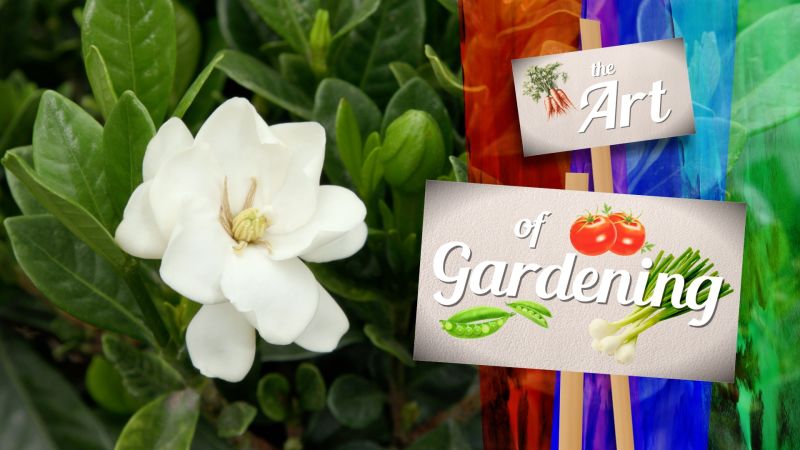We live in an age of exaggeration, and we aren’t listening
KAMLOOPS — In anticipation of the new year, I will get my almost-annual rant about how we abuse the English language off my chest. This time, my gripe is with our impulse to make everything more than it is.
It would not be an exaggeration to say we live in an age of exaggeration. We like to blame politicians for exaggerating but I’m not so sure they don’t take their cues from us, the masses.
Let’s get a couple of the obvious ones out of the way first. The use of “literally,” for example. It’s currently the most misused word in our language.
If I was to say, “The constant misuse of the word ‘literally’ is literally driving me insane,” it would mean it was actually driving me nuts, as in send for the folks in white coats and take me away.


